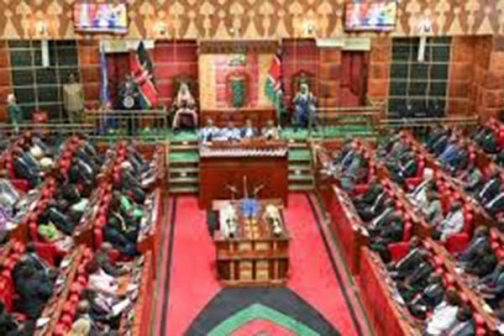×
The Standard e-Paper
Smart Minds Choose Us

Several pieces of legislation are still pending before Parliament, even as the constitutional deadline by which they ought to have been passed, lapses.
The new Constitution, promulgated in August 2010, came with specific timelines, ranging from one to five years, within which certain laws were to be passed.